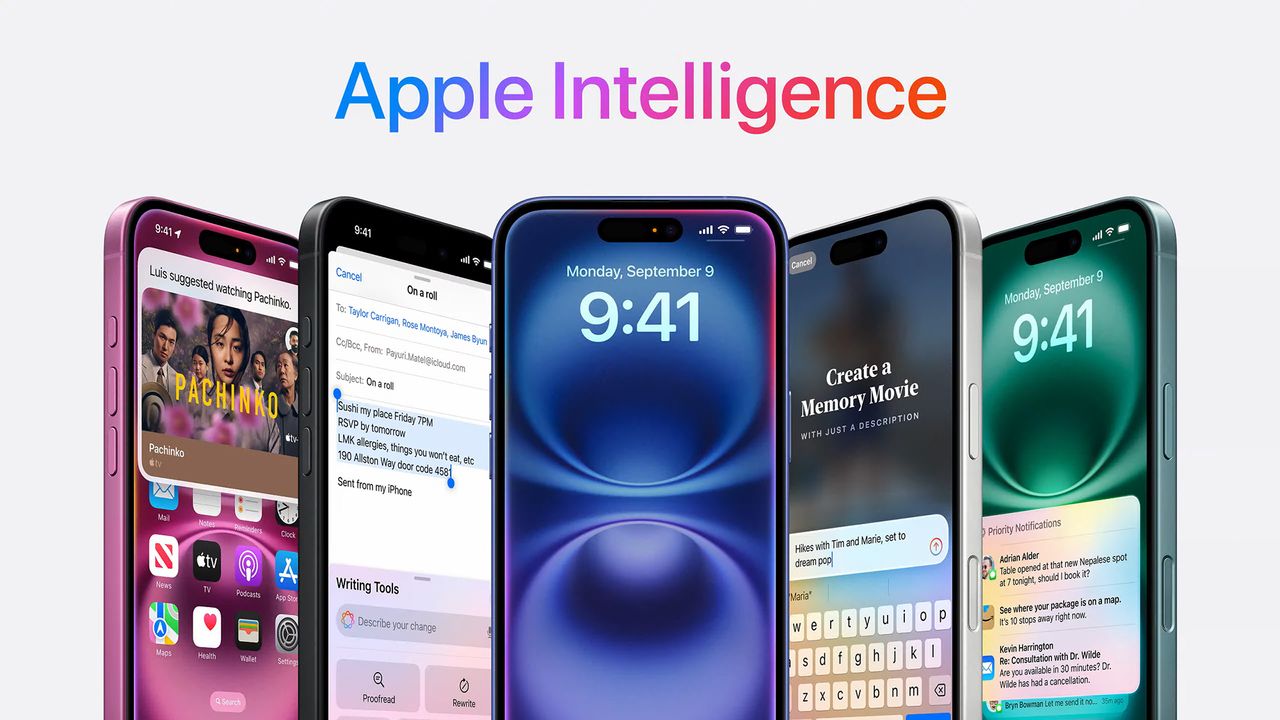
Apple Intelligence is the Cupertino company’s name for the AI that now sits at the heart of its operating systems on iPhone, iPad and Mac.
Rather than arriving all at once, Apple has rolled out Apple Intelligence in waves since 2024, with even more features expected to be announced at the upcoming Apple event alongside the iPhone 17.
The first wave of Apple Intelligence features launched with iOS 18.1, iPadOS 18.1, and macOS Sequoia 15.1 in October 2024, bringing Writing Tools, Notification summaries, Clean Up in Photos, and a redesigned Siri.
The second wave arrived in December 2024 with iOS 18.2, iPadOS 18.2, and macOS Sequoia 15.2, adding Genmoji for creating custom emojis, ChatGPT integration with Siri, and Image Playground for generating and editing AI images.
With Apple Intelligence, Apple is exploring how AI can help people in their everyday lives, with privacy as a core focus. It can help you write emails, perform natural language searches, and create memory movies from prompts.
Unlike Google or Microsoft, Apple is not planning to charge for access to its premium AI features until at least 2027.
As Apple gears up for its next event and the iPhone 17 reveal, Apple Intelligence is positioned as central to both its software and hardware strategy. But is it good enough to make the upcoming iPhone one of the best AI phones yet?
- Follow the Apple event 2025 live
What is Apple Intelligence?
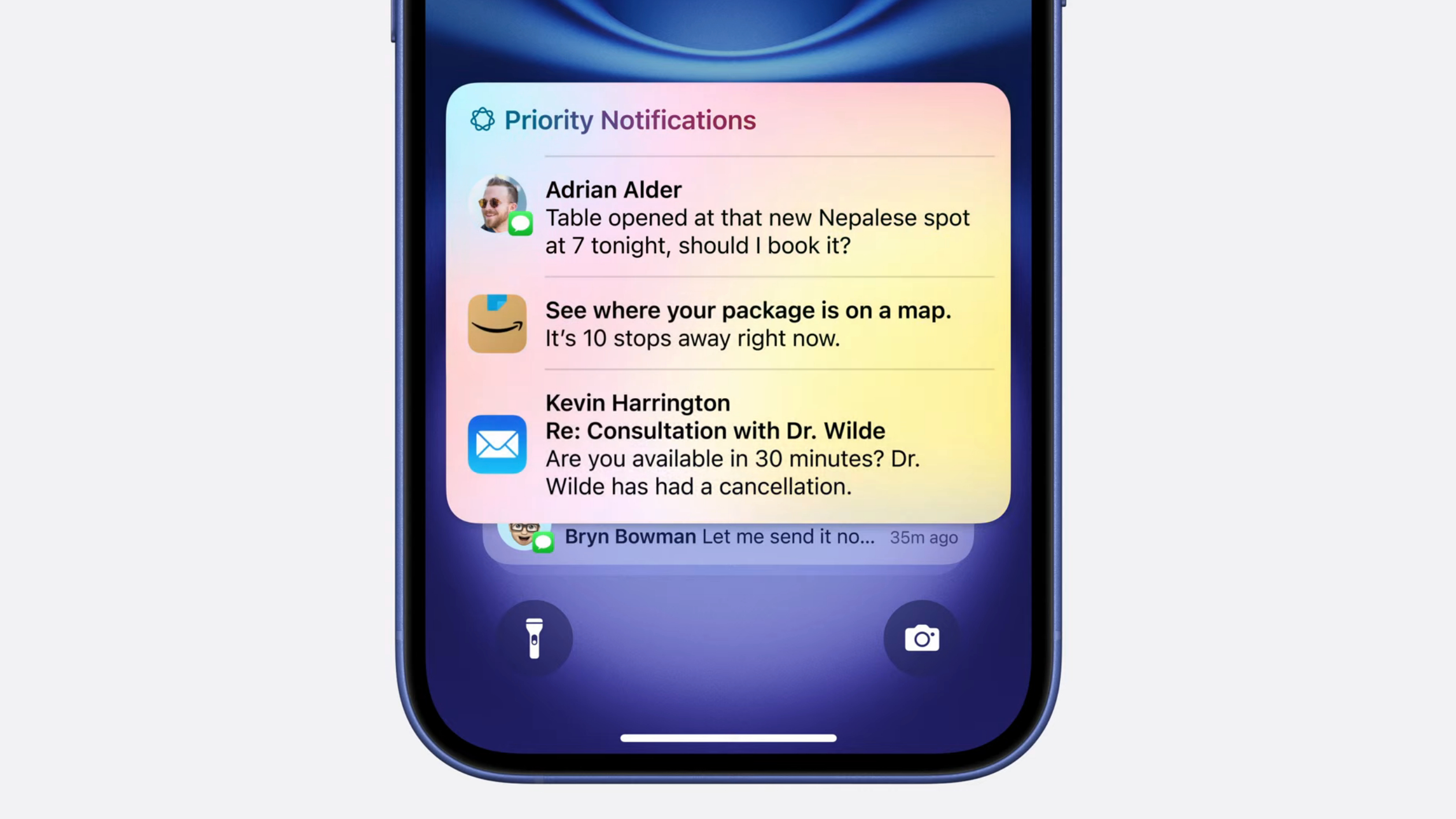
Apple Intelligence is Apple's multimodal, cross-platform approach to today's AI computing trend. It's coming to just about every Apple platform and most newer Apple devices. Apple Intelligence includes generative AI features, like writing and image creation, as well as an improved Siri assistant with ChatGPT integration, and much more.
Apple Intelligence takes a decidedly Apple-like approach to privacy, which means that the least information possible is shared with anyone, even Apple itself. Most Apple Intelligence features run on your device. When Apple needs to access the cloud for more power, it uses Private Cloud Compute, a standard to protect your data and privacy; in a nutshell that means cloud-power without data spreading between a load of servers and platforms.
We mention privacy first because Apple always mentions privacy first, and no other AI company talks about your data privacy and how your data is being protected quite as much as Apple does.
Apple is also giving Apple Intelligence unprecedented access to your data, and it will be able to read all of your messages, monitor your calendar, follow your Maps and location, record your phone calls, look at your photos, and understand any other personal data. Apple Intelligence will offer a new level of contextual features because it will have access to just about all of your personal information.
What does Apple Intelligence do?

Apple Intelligence offers generative AI tools for writing and editing, image creation, and organization. It can also be able to offer summaries, just like current generative AI tools.
Wherever you can type or input text, Apple Intelligence offers Writing Tools to improve your writing. It can rewrite, proofread, and summarize text for you.
Apple Intelligence stays aware of your incoming Mail messages and your notifications, and it will try to prioritize what is important to you. All your notifications can be summarized by Apple Intelligence, so instead of an email notification showing you a partial part of the email, which might not be that helpful, you'll get a nice little summary instead.
Apple Intelligence also summarizes conversations and messages for you, and it can even summarize audio recordings. You can record phone calls and have Apple Intelligence summarize the conversation, or you can record in the Notes app and get a summary of the audio recording there.
A new Reduce Interruptions Focus mode uses Apple Intelligence to only offer high-priority messages that need your immediate attention.
For image creation, Apple has a new Image Playground app and tool that is part of Apple Intelligence. With Image Playground, you can either enter your own prompt or use a suggested one, and the suggestions will be personalized based on what you're doing at the time. So for example, if you message a friend about hiking in a forest, then 'forest' might be one of the prompts.
You can select from several styles for your image, and you can also turn people in photos into cartoon-like images.
One of the most exciting features of Apple Intelligence is the new Visual Intelligence tool. It works with the iPhone 16's new Camera Control. Once you click the new button on the side of the phone you can use Apple Intelligence's multimodal features to get search results on the fly. Just point your phone at something and you can search for it!
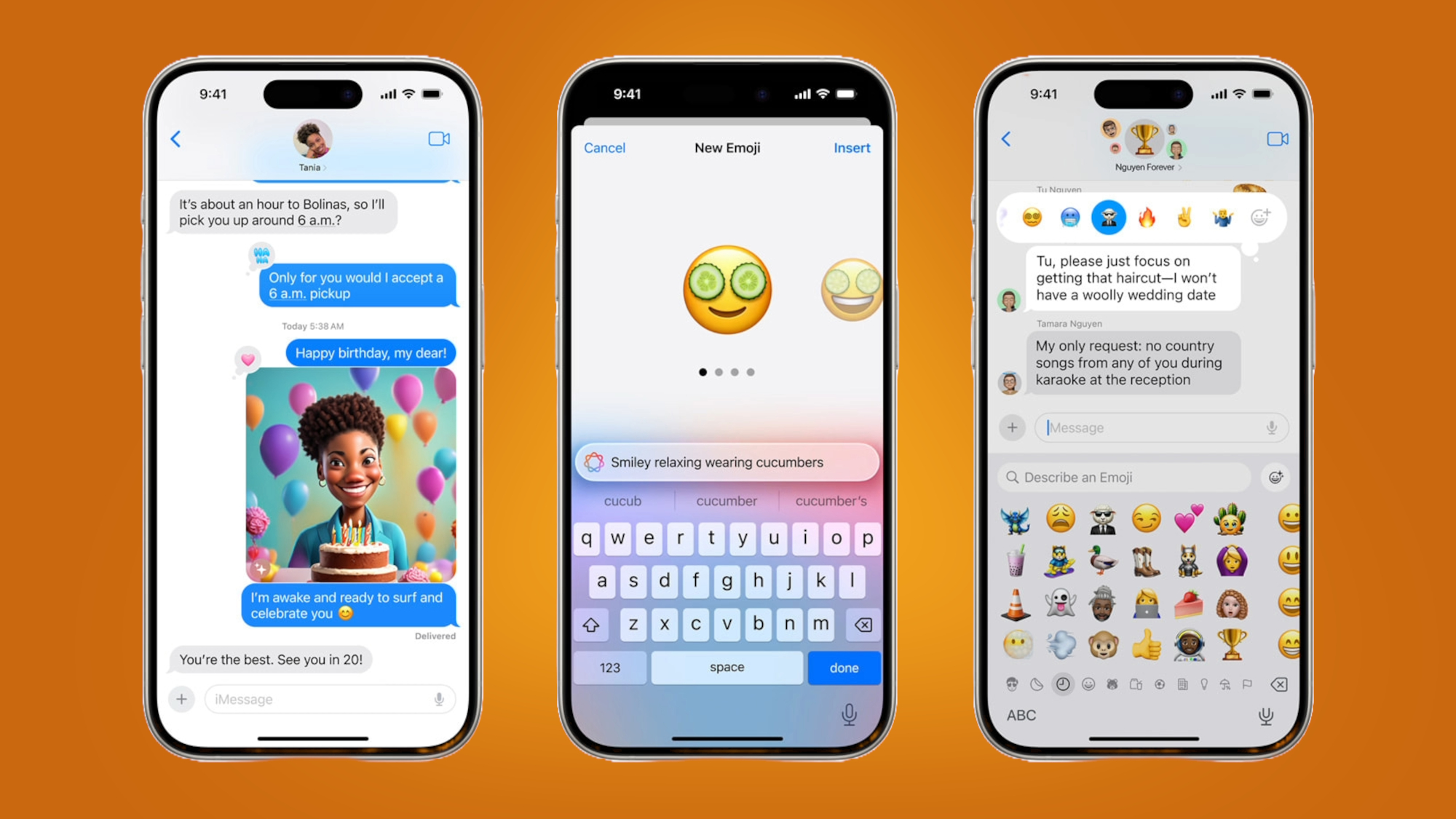
Besides Image Playground, Apple has an AI image generator that focuses on creating emojis as well. The generative emoji tool is called Genmoji. This is one of our favorite features of Apple Intelligence. You can access it whenever you are on the emoji screen. Simply type in a description of what you want an emoji of, and Genmoji will generate one.
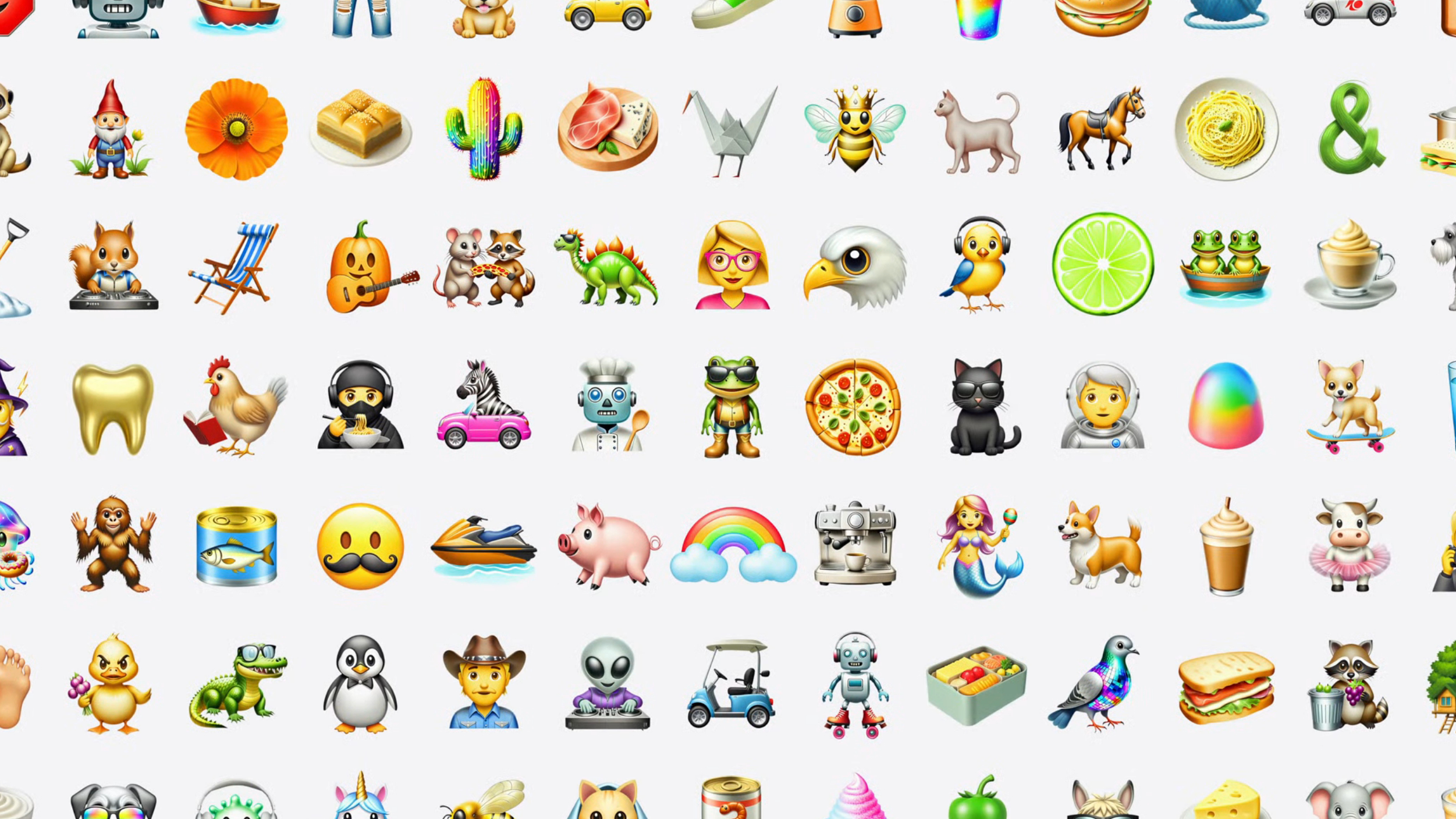
Apple has applied its generative AI tools to editing photos as well. There is a Magic Eraser-style tool called Clean Up that removes unwanted objects in photos and replaces them with a natural background. All you need to do is open a photo, then tap on Clean Up in the photo editor. Now tap, circle, or brush over whatever part of the photo you'd like to remove with your finger, and let AI work its magic. If you do it on a person then it's as if they were never there.
Otherwise, Apple is using Apple Intelligence to assist in searching photos and videos so you can relive moments you thought you'd lost. You'll be able to search for a specific scene in a video, for instance. So, if you want a picture or video, you took of your child wearing a blue t-shirt you can just type in their name and blue t-shirt to find it. You can also search for a category of photos and Apple Intelligence will put together a video presentation that fits your search. It will include photos and videos, as well as background music it selects.
Looking for a full rundown of all the Apple Intelligence features?
When will I get Apple Intelligence?
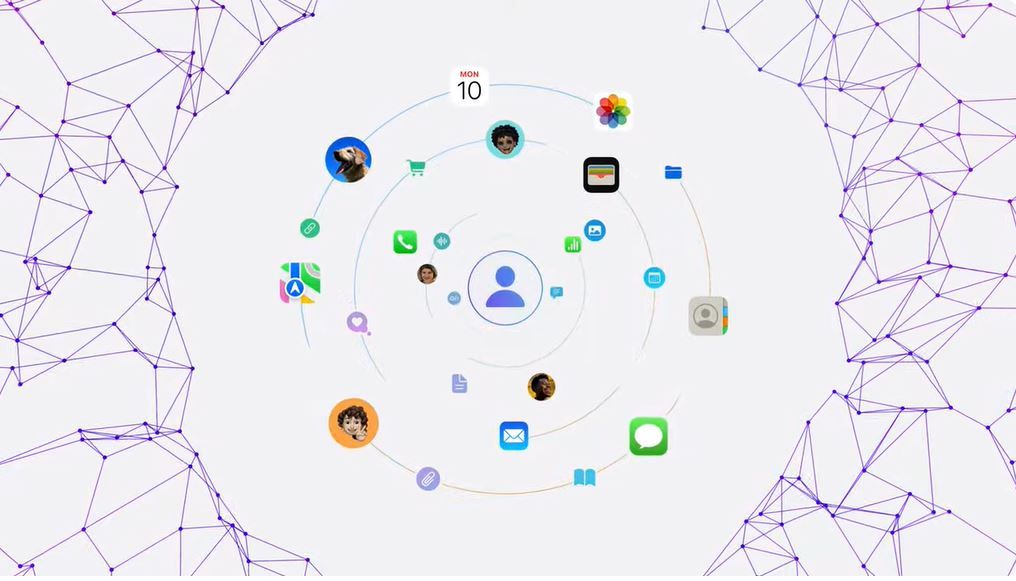
Apple Intelligence is already here! iOS 18.1, iPadOS 18.1, and macOS Sequoia 15.1 were released on 28 October and contained the first wave of Apple Intelligence features including Writing Tools, Notifications Summaries, Clean Up, and a redesigned Siri. iOS 18.2, iPadOS 18.2, and macOS Sequoia 15.2 brought Image Playground, Siri with ChatGPT integration, and Genmoji to all the best iPhones, iPads, and Macs.
While iOS 18.3 is expected in early 2025 there doesn't appear to be any new Apple Intelligence features coming with the update. The next major update will be Siri with personal context and on-screen awareness which is expected to arrive in the next few months.
Does Siri have Apple Intelligence?
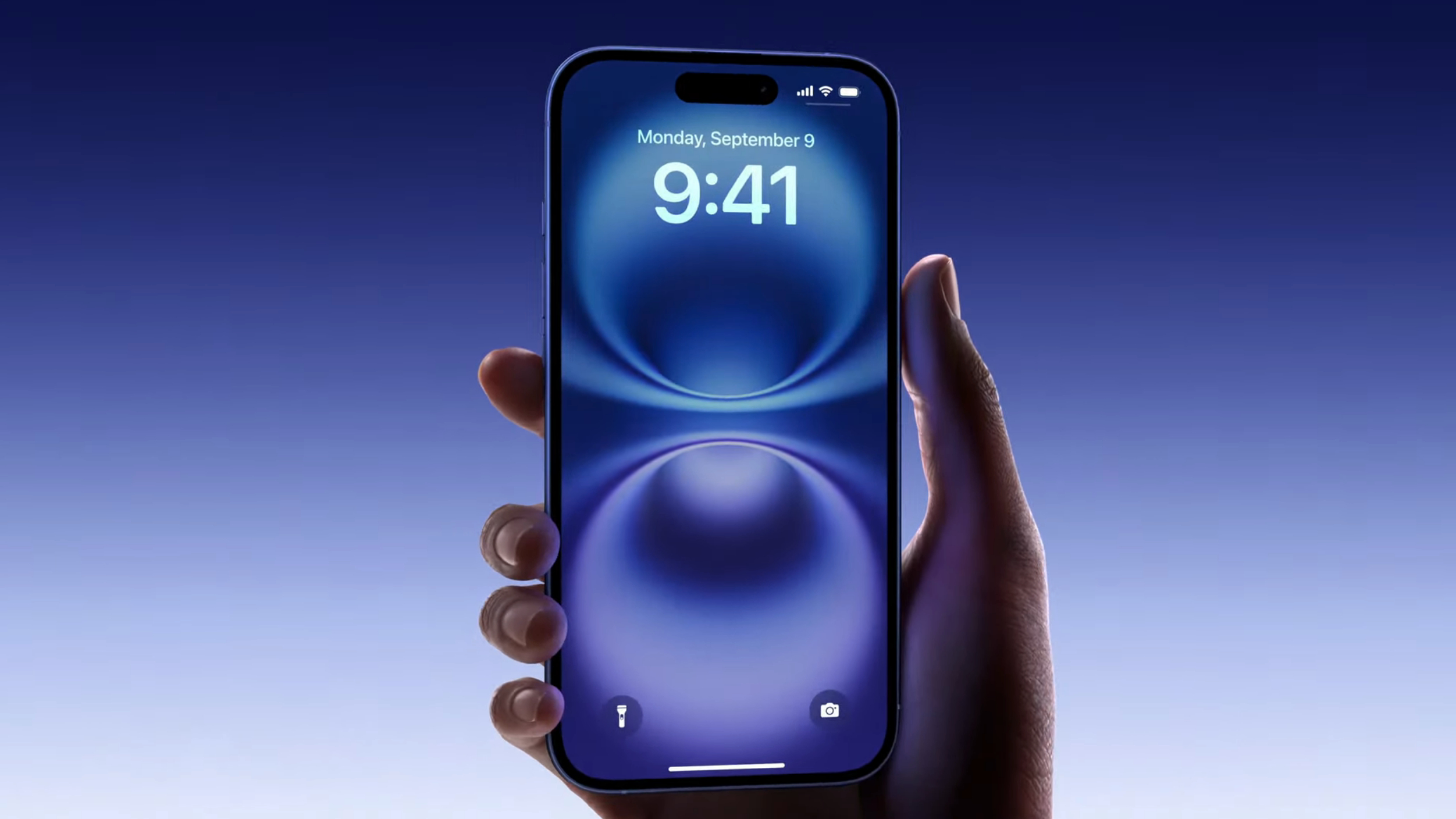
Siri has already received a massive upgrade thanks to Apple Intelligence. From the release of iOS 18.1 onwards, Siri is no longer just a virtual balloon that sits at the bottom of your phone screen. Now, when you activate Siri, your entire home screen ripples, to show that Siri has completely taken over.
What's more, from iOS 18.2 and onwards, Siri has ChatGPT integration, so if the question you're asking is too complex, it will ask you if it's ok to use ChatGPT to answer.
Siri is better all around, too. It has "richer language-understanding capabilities," according to Apple. It is more natural and more contextually relevant. When you start a conversation with Siri, it now remembers what you were talking about when you make your next request, so you won't have to start over every time.
Also, Siri now accepts typing instead of just speech. If you've never used Siri before, it may surprise you to learn you couldn't type to Siri, but it's true. Now you can use the keyboard to give Siri commands and queries.
Siri also does a better job explaining how to use your Apple device. Whether you use an iPhone, iPad, or a Mac computer, Siri is able to answer thousands more questions about how to do things on your Apple product.
But the best is yet to come. In a future update, Siri will gain on-screen awareness, so it can see what you're looking at and answer questions about it.
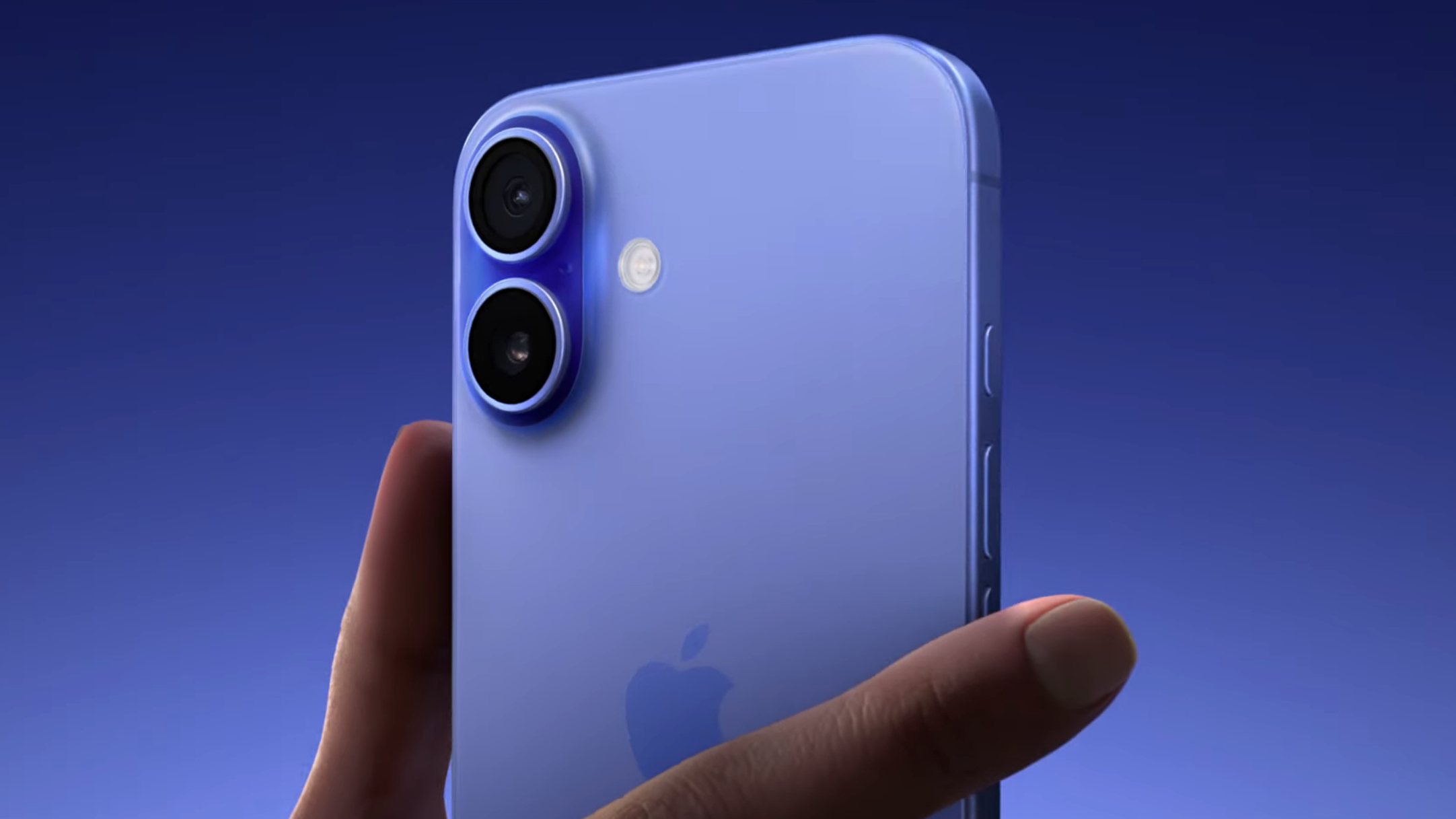
Apple Intelligence is a major upgrade for Siri that will enable far more third-party actions. Using Apple's new App Intent API, app developers will be able to program commands that you can use with Siri.
In the future Siri will also know you. It will know much more of the information you have on your device. You'll be able to ask Siri to "play that song Edgar mentioned" and it will know because it read your iMessage conversation with Edgar. If you ask "When is Dad landing at Laguardia" it will look up his flight details from the message he sent and give you real-time tracking info. That's cool, but it's a lot more than we're used to a computer knowing about us.
Based on what we've seen so far it looks like iOS 18.4 will finally deliver the Siri we've been waiting for.
How does Apple Intelligence protect my privacy?
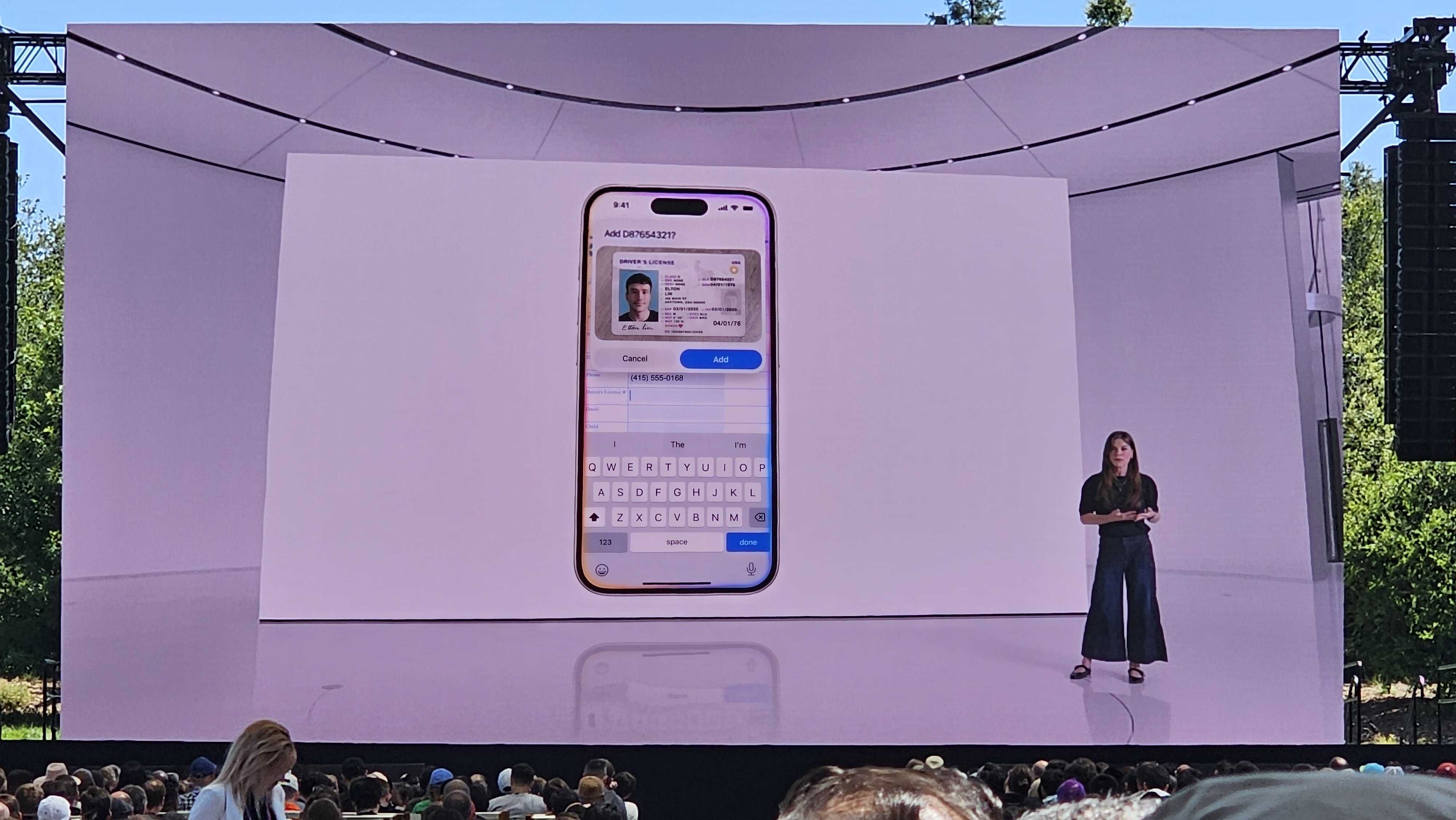
Privacy is a key feature that sets Apple's AI apart from its competitors.
For a start, Apple is running everything it can on your device. While Siri may know everything you said in your text messages, it won't be sharing that information with anyone, not Apple or anyone else. At least, according to Apple.
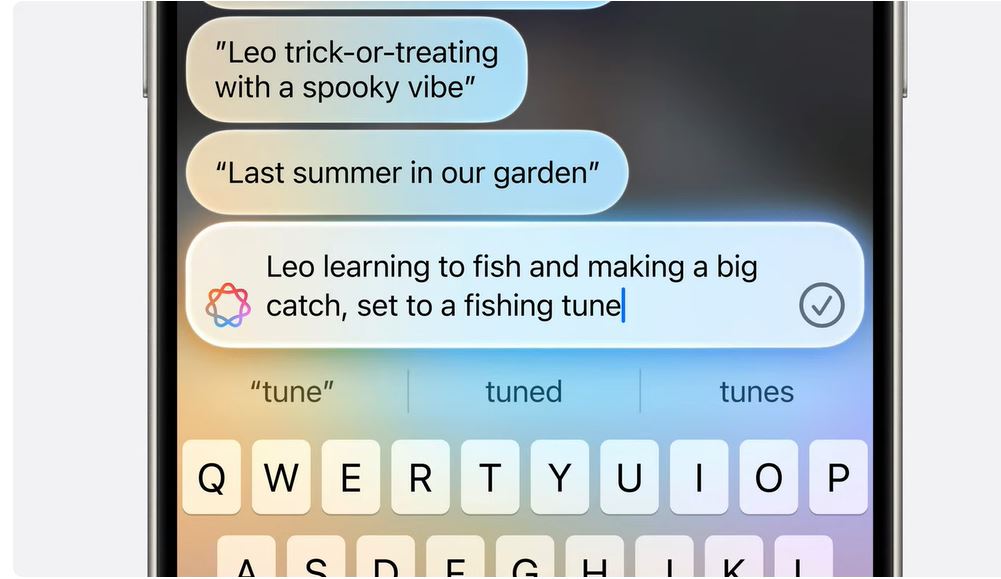
When you create an image in the Image Playground, Apple doesn't know what image you've created. Even if your iPhone needs some help from the cloud when it summarizes the last phone call you made, it won't report anything to Apple.
Apple is keeping more complex cloud requests locked in a Private Cloud Compute environment, which 'cryptographically ensures that iPhone, iPad, and Mac do not talk to a server unless its software has been publicly logged for inspection,' according to the Apple Intelligence news release.
How does Apple Intelligence use ChatGPT?
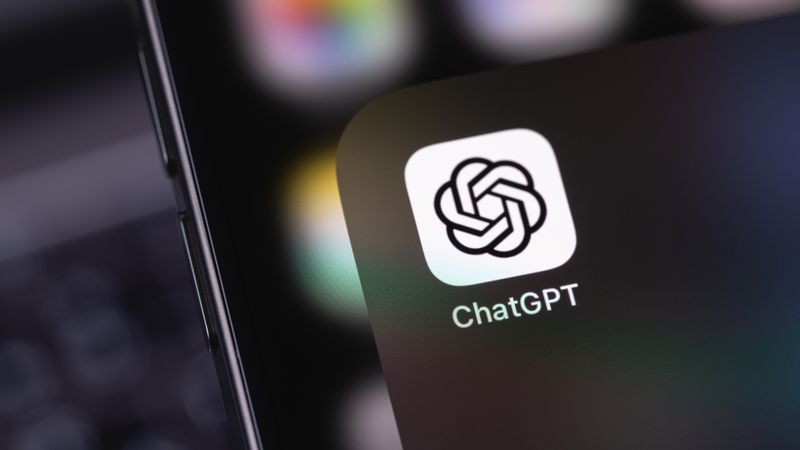
iOS 18.2, iPadOS 18.2, and macOS Sequoia 15.2 offer ChatGPT integration via Siri. That means that Siri will be able to route a request through ChatGPT, if it is too complex for it to answer.
Apple is adding a level of privacy to these ChatGPT requests. According to Apple, when you access ChatGPT through Apple Intelligence, your IP address is obscured, and OpenAi won't store your request. Otherwise, ChatGPT's data-use policies apply.
ChatGPT via Siri is available on all three major platforms – macOS Sequoia, iPadOS 18, and iOS 18. However, Apple has also said that other AI models will become partners in the future as well. ChatGPT may not be the exclusive large-language model (LLM) partner for Apple Intelligence for long, if ever.
Which Apple devices can use Apple Intelligence?
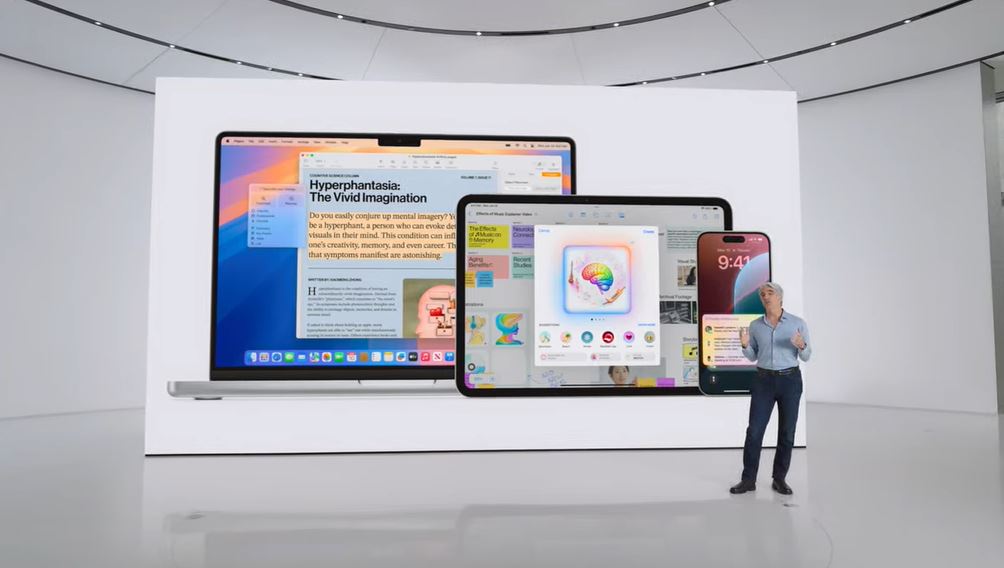
Apple Intelligence includes features across almost every Apple platform, including macOS 15 Sequoia, iOS 18, and iPadOS 18. Unfortunately, not every device that can run those operating systems will be able to use Apple Intelligence features.
Apple describes the iPhone 16 as the "first iPhone designed from the ground up for Apple Intelligence", and it will work with all its different models, the iPhone 16, iPhone 16 Plus, iPhone 16 Pr,o and iPhone 16 Pro Max.
Apple Intelligence is available on devices that use the Apple M1, M2, M3, and M4 chips, as well as the A17 Pro chipset. That means even devices you can buy brand new today will not get the features later this year.
The current iPad Pro and iPad Air devices, as well as previous iPad devices that used the M1 and M2 chips, are all supported. The base model iPad 10.9 and the iPad mini are not supported, as they use older Apple Bionic chips.
The only older iPhone models that work with Apple Intelligence are the iPhone 15 Pro and iPhone 15 Pro Max. The iPhone 15 and iPhone 15 Plus use the A16 Bionic chipset and not the A17 Pro chips.
If you have a Macbook Air, Macbook Pro, iMac, Mac Studio, or Mac mini with an M1 chip or newer inside, you are fine. Apple computers with an Intel processor on board are not supported.







